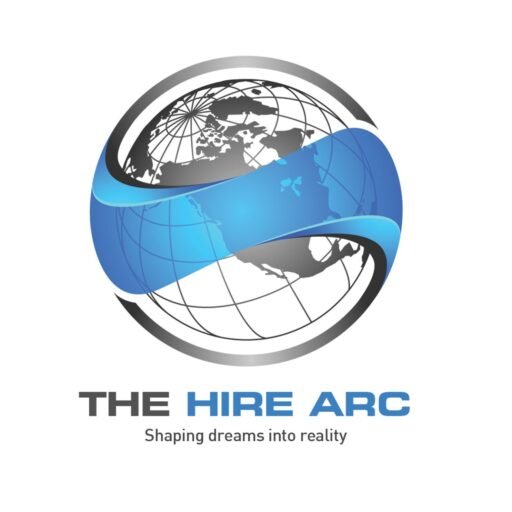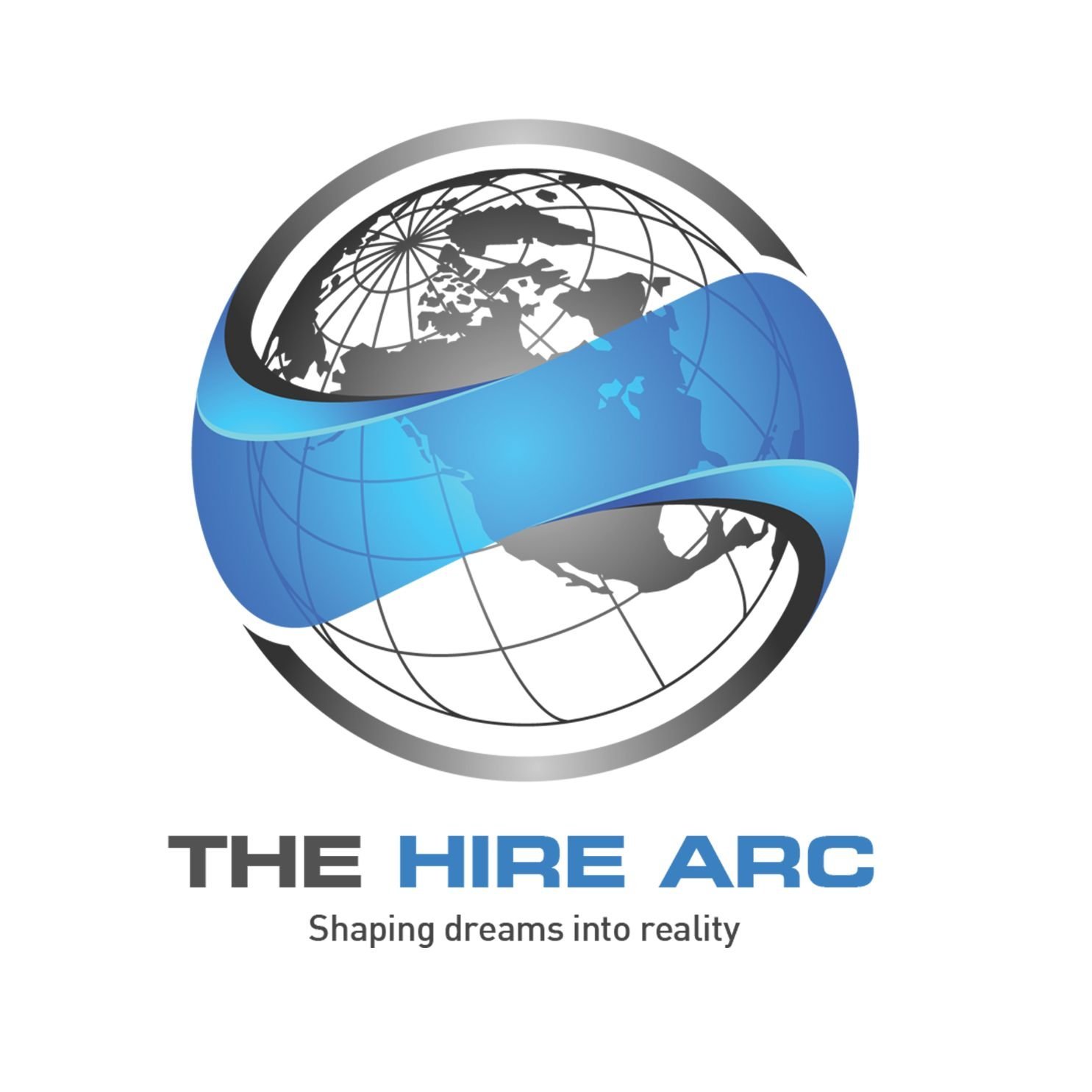How to Answer ‘Why Do You Want to Leave Your Current Job?’
Changing jobs is one of the most significant career decisions a professional makes. When interviewing for a new opportunity, one of the most commonly asked—and often most challenging—questions is:
“Why do you want to leave your current job?”
Your answer gives hiring managers insights into your motivations, work ethics, and professional aspirations. A thoughtful and well-structured response can position you as a candidate who is intentional, career-driven, and aligned with the company’s values.
In this guide, a leading Recruitment Agency in Mumbai — explains how to answer this question effectively, the best reasons to share, common mistakes to avoid, and real examples to help you make a strong impression.
Understanding Why Interviewers Ask “Why Do You Want to Leave Your Current Job?”
Before crafting your response, it’s important to understand the interviewer’s perspective.
Recruiters and HR professionals ask this question to:
- Evaluate your career motivation and decision-making process.
- Identify whether you had conflicts, burnout, or performance issues in your previous role.
- Assess if your expectations align with what the new company offers.
- Understand what you value most — career growth, learning, compensation, or culture.
At The HireArc, when conducting interviews for clients across industries, we often use this question to measure employee-employer fit. A genuine and well-structured answer helps both parties set clear expectations for the future.
Common Reasons for Leaving a Job (and How to Frame Them Positively)
1. Seeking Better Career Growth Opportunities
If your current company lacks advancement prospects, you can highlight your desire for professional development.
Example Answer:
“I’ve enjoyed my time at my current company and learned a lot, but I feel my growth has plateaued. I’m looking for a role that allows me to take on more responsibility and develop leadership skills.”
This aligns with your ambition without criticising your previous employer.
If you’re exploring managerial or strategic roles, you can also mention how you’re seeking opportunities similar to those offered by Learning and Development Services provided by progressive organisations.
2. Desire for a New Challenge or Different Work Environment
Many professionals seek new roles to break monotony or explore a new domain.
Example Answer:
“I’ve been in my current role for over five years and feel it’s time to embrace new challenges that push my boundaries and allow me to contribute differently.”
This demonstrates adaptability and initiative, key traits HR professionals value.
3. Organisational Changes or Restructuring
Sometimes, employees leave due to mergers, management changes, or shifts in business direction.
Example Answer:
“After a recent restructuring, my role evolved in a direction that doesn’t align with my core strengths. I’m looking for a position that better matches my expertise in strategic operations.”
When explaining such situations, focus on fit and alignment, not dissatisfaction.
4. Relocation or Work-Life Balance
If your reason is personal or location-based, maintain a professional tone.
Example Answer:
“I’ve recently relocated to Mumbai and am looking for a position closer to home. I believe joining a well-structured organisation like The HireArc’s clients would help me balance professional and personal commitments effectively.”
This shows practical reasoning and career continuity.
5. Seeking Improved Compensation and Benefits
Talking about pay can be tricky, but it’s acceptable if phrased correctly.
Example Answer:
“While compensation isn’t my only motivation, I believe my current remuneration doesn’t reflect the value I bring. I’m seeking a role where growth opportunities and rewards align with my performance.”
What Not to Say When Explaining Why You Want to Leave
Avoid answers that sound negative or emotionally driven. Hiring managers are cautious about candidates who might bring workplace tension.
Avoid saying:
- “My boss didn’t appreciate me.”
- “The workload was too much.”
- “The management was terrible.”
Instead, reframe them as positive motivations.
For instance:
❌ “I didn’t like the team dynamics.”
✅ “I’m looking for a more collaborative environment where cross-functional teamwork is encouraged.”
Remember, how you phrase your answer reflects your emotional intelligence and professionalism.
Real-Life Example from a Candidate (Case Study)
At The HireArc, we once placed a senior HR professional who had spent eight years with her previous company. During interviews, she explained:
“My current company provided me with great learning experiences, but the HR function there is now stable. I want to work in a more dynamic environment where I can build HR systems from the ground up.”
This answer helped her demonstrate strategic thinking and career alignment — a perfect response to “Why do you want to leave your current job?”
How to Prepare Your Answer Step-by-Step
Step 1: Reflect on Your Motivation
Be honest with yourself — are you leaving for growth, stability, or passion? Identify your core reason and ensure it aligns with the job you’re applying for.
Step 2: Research the Company
Tailor your answer to show alignment with the company’s mission and values. Use LinkedIn, Glassdoor, and the company website to find what they value in employees.
For example, if the company emphasises learning and compliance, you can say:
“I’m impressed by your commitment to employee upskilling and robust Corporate Compliance Services, which aligns with my professional goals.”
Step 3: Practice with Mock Interviews
Conduct mock interviews with a colleague or recruiter. Practising helps you refine tone and body language — especially important when answering personal questions.
Step 4: Keep It Concise and Professional
Avoid long explanations. A well-crafted 60-second response is ideal. Focus on future goals, not past disappointments.
How to Answer “Why Do You Want to Change Your Job?” in Different Scenarios
When Moving Within the Same Industry
“I’ve developed strong expertise in this industry, but I’m looking to apply my knowledge in a more strategic role where I can make a broader impact.”
When Switching Industries
“I’ve always admired how your industry integrates innovation and technology. My transferable skills from HR operations can add value in this new domain.”
When You Were Laid Off or Facing Uncertainty
“Due to an organisational restructuring, my role was made redundant. It’s given me the chance to explore positions that better fit my skillset.”
Framing Your Reason with Clarity (Using the STAR Method)
To make your answer structured, use the STAR method:
- Situation: Briefly describe your current job situation.
- Task: Explain your goals or challenges.
- Action: Describe the steps you took to address them.
- Result: Link your actions to your decision to look for a new opportunity.
Example:
“In my current role, I led a team through an internal restructure. While the project succeeded, it also helped me realise I want to specialise in learning and development. That’s why I’m exploring roles in this area.”
HR Perspective: What Recruiters Really Want to Hear
As experienced HR consultants, we can confirm that interviewers aren’t just looking for the reason you’re leaving—they’re assessing:
- Whether you’ll stay long-term.
- If you’re adaptable to new environments.
- How you handle challenges or change.
- Whether your motivation aligns with the company culture.
When crafting your answer, always connect your reasoning to the value you bring to the organisation.
Why You Want to Leave Your Current Job — Best Answer Examples
Here are polished examples to adapt:
| Scenario | Best Answer |
|---|---|
| Limited growth | “I’ve grown a lot in my role, but I’m ready for responsibilities that align with my evolving skills.” |
| Wanting better culture | “I’m looking for an organisation where collaboration and learning are central values.” |
| Seeking work-life balance | “I’m hoping to find a company that values flexibility while delivering measurable results.” |
| Company instability | “After recent changes in company structure, I’m looking for a more stable and growth-oriented environment.” |
Connect Your Answer to the Role You’re Applying For
Always end your response by explaining how your future goals align with the company’s mission.
Example:
“I’m looking for a role that challenges me to think strategically while contributing to organisational efficiency. I’m particularly drawn to your focus on process optimisation and employee development.”
This shows forward-thinking and enthusiasm, traits every HR recruiter appreciates.
Wrapping Up: Stay Honest, Positive, and Forward-Looking
To summarise, the best answer to “Why do you want to leave your current job?” should:
- Reflect self-awareness and professionalism.
- Avoid negative remarks about your employer.
- Focus on future alignment and contribution.
- Be supported by genuine examples or achievements.
By maintaining a balanced tone and showcasing clarity of intent, you not only impress interviewers but also demonstrate readiness for the next step in your career.
- Insightful Questions to Ask Hiring Managers During Interviews - November 9, 2025
- Recruitment Challenges: What You Must Know in 2025 - November 9, 2025
- Recruitment Metrics and KPIs: The Complete 2025 Guide for Indian Recruiters - November 9, 2025


